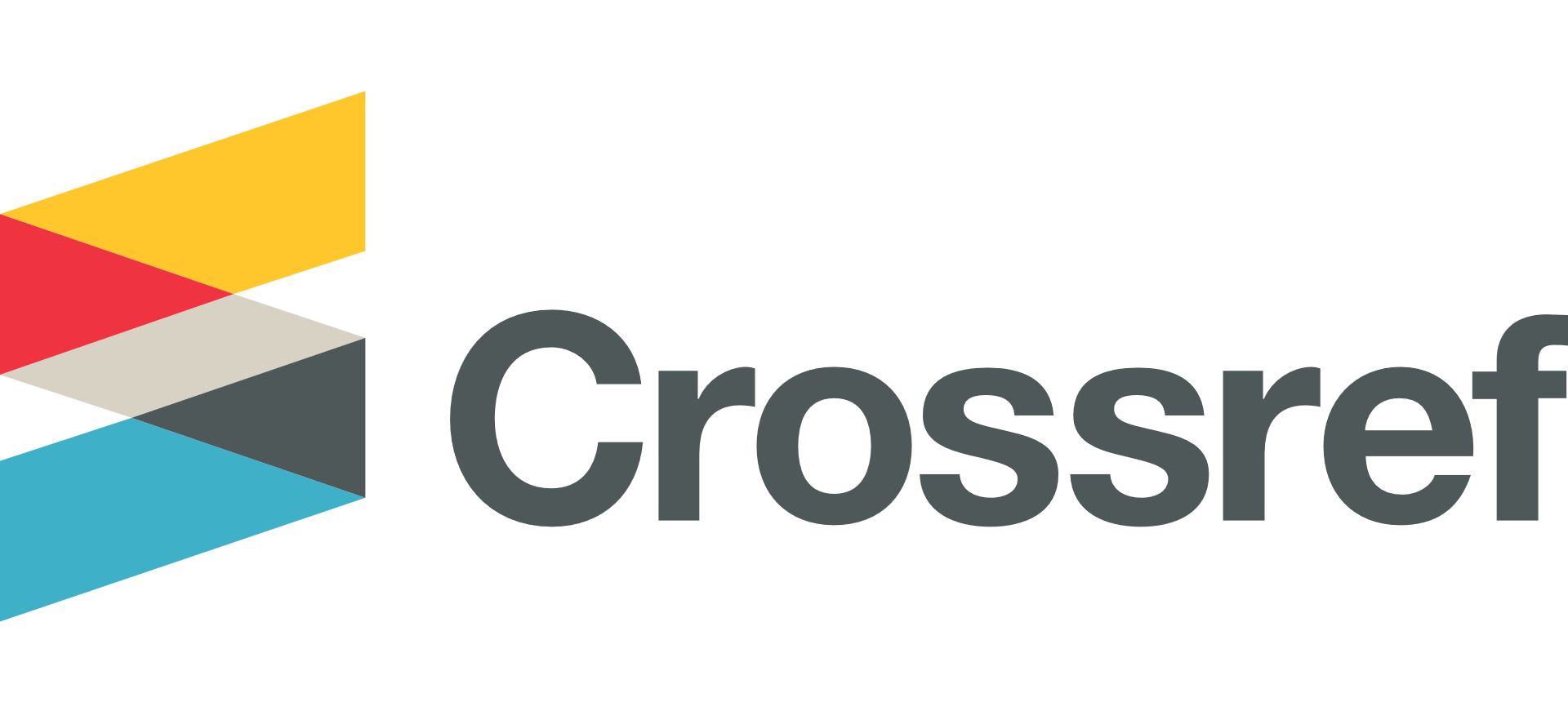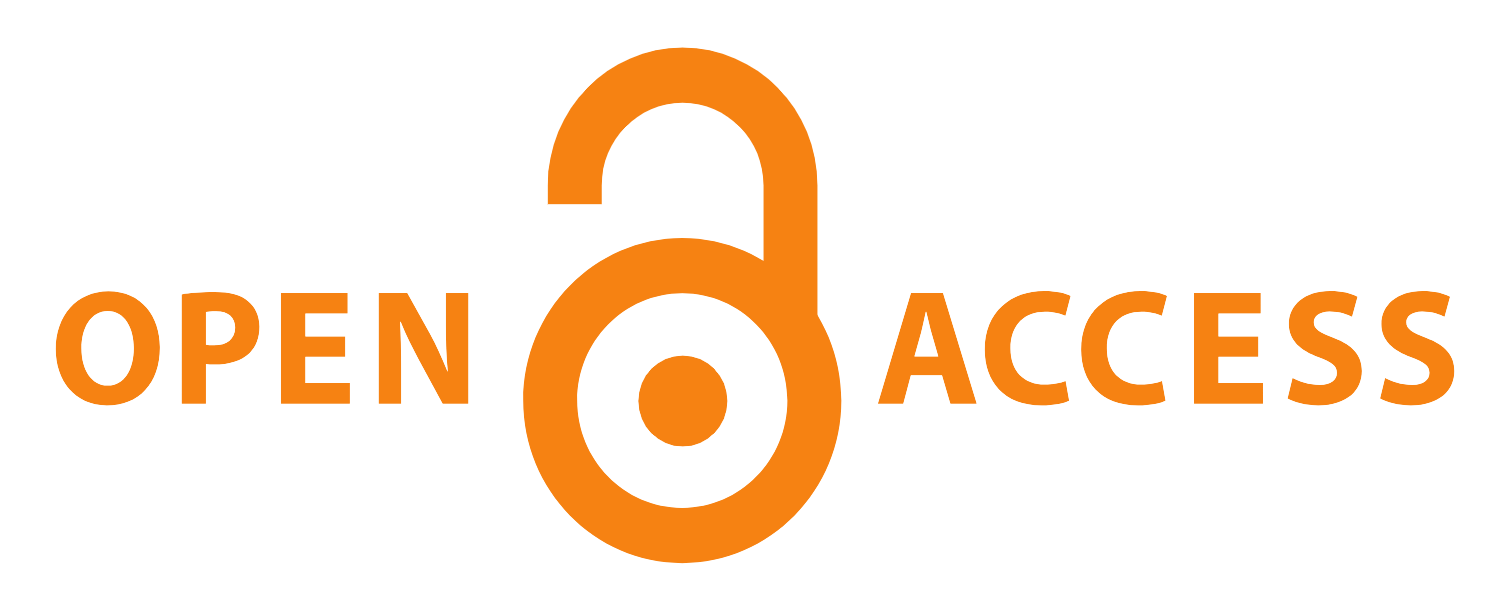Editors
Carla Sousa
Filipe Costa Luz
Maria Micaela Fonseca
Pedro Neves
Editorial Manager
Cátia Casimiro
Editorial Board
Alexandre Farbiarz
Conceição Costa
Christos Gatzidis
David Baldeón
Henrique Galvan Debarba
Jackeline Lima Farbiarz
João Léste
Kursat Cagiltay
Leonel Morgado
Marco Scirea
Micael Sousa
Michael Heron
Nelson Zagalo
Nuno Fachada
Paulina Tsvetkova
Phil Lopes
Renata Ntelia
Rikke Toft Nørgård
Rui Prada








